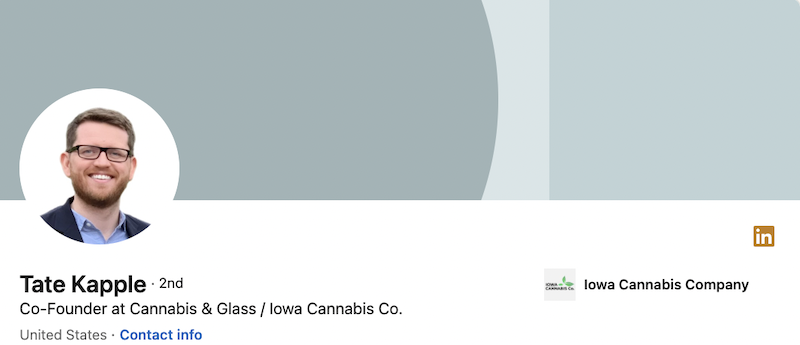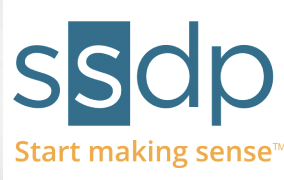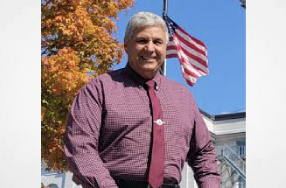“This communication stated that an out-of-state cannabis operator had recruited hundreds of persons to apply on its behalf,” the state motion stated. Because the tipster said the business was based in Iowa, OCM looked at applications with Iowa connections and found the pattern, including the use of MNcanna.org in email addresses.
“OCM also matched many of the names of the MNcanna.org applicants to current employees of Tate Kapple’s companies, including Plaintiff Christina Aranguiz, Zen Springs, and Tate Kapple, and multiple members of the Kapple family,” the state response said. “The email address used by Jodi Connolly in her submissions to OCM also came from the MNcanna.org domain.”
OCM then found that each of the applicants had signed option agreements with Kapple to sell their companies for $100,000 should they win the lottery, it stated.
Marijuana Moment
When Minnesota’s recreational marijuana bill was being written in 2023 and revised in 2024, it was established by sponsors on a few basic policy pillars.
It would replace as much as possible an illegal market with a legal, regulated and taxed market; it would stress social equity to help those most harmed by illegality to benefit by legality; and it would try to foster a home-grown business modeled on the craft beer industry. That is, as much as was legally possible, the state model was to keep out large, out-of-state companies that could use their size and wealth to overwhelm the market.
Two of those pillars were on display last week in a Ramsey County courtroom—at least a Zoom version of one. There, a whole passel of lawyers representing a varied collection of social equity certified license applicants were asking a judge to order the state to delay a lottery to award the first 280 cannabis licenses.
Why? They all had been informed the previous week that they were being denied entry into that lottery and would have to reapply next year for tickets to the much larger lottery pool for all applicants.
But while some said they were certified social equity applicants kicked out for reasons they deemed technical and inexplicable, at least two plaintiffs raised a different and separate issue. They, say the state Office of Cannabis Management (OCM), were excluded because they fit the profile of what the state was trying to avoid:
-
They were affiliated with a large, out-of-state operator who OCM alleges was using some social-equity applicants as straw purchasers to win licenses and then get them to sell the licenses to them.
-
They submitted multiple applications—perhaps as many as 200—as a way of “flooding the zone” to increase their odds in the lottery.
Read the full report at
MCRO_62-CV-24-7403_Complaint-Civil_2024-11-21_20241122113951




















